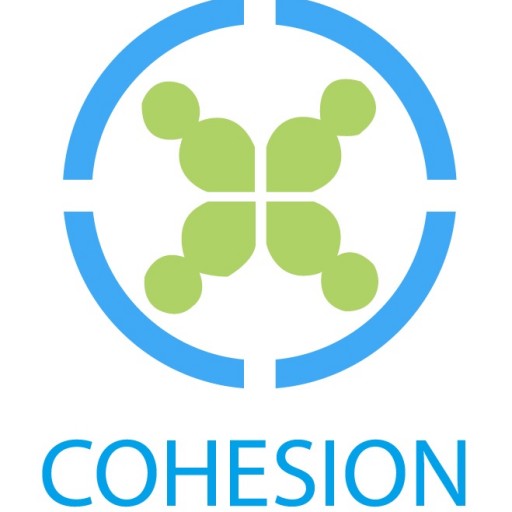At the beginning of September 2017 in Bern the 4th International Conference on Research for Development (ICRD) was held. The aim of the conference was to present “visionary contributions that will enhance transformations towards sustainable development in countries of Africa, Asia, and Latin America.” (www.icrd.ch)
COHESION was of course present at this important event. COHESION co-organised two sessions on partnerships with the Council on Health Research for Development (www.cohred.org) and Commission for Research Partnerships with Developing Countries (www.kfpe.ch). Maria Amalia Pesantes from the COHESION Team in Peru was a panelist during a session on increasing equality in partnerships. These sessions on partnerships highlighted a variety of challenges in establishing partnerships, but also tools developed to help address these and the role funders can have in helping facilitate partnerships. One interesting aspect was thinking about the process of partnerships and how there are “Hard elements”, such as shared vision, setting the agenda together, fairness and sharing of process and capacity building. In parallel “Soft elements”, such as trust, respect, being open and cultural differences are equally important. Both hard and soft elements are essential to ensure success, but require different approaches to be established. It was interesting to reflect on these as COHESION as a project and a partnership evolves.
Silvana Perez Leon also from the Peru Team won a grant to present some of her work at the conference. During the session “Building transformative partnerships between health services and communities as a means to advancing the Agenda towards Sustainable Development: A pathway forward”, she presented her experience engaging with primary health care workers and community members in the COHESION project. She pointed out some of the enablers and challenges the Peru team had in building transformative partnership. Lessons from this session were that the WHO is preparing a community engagement framework that can be used for projects like COHESION. Recommendations were also that as a project we should systematically document our process of engagement which can later be used as evidence for other initiatives.
Besides COHESION’s direct contribution to the content of the conference, this was a unique opportunity to link the work being done in Mozambique, Nepal, Peru and Switzerland to the wider development agenda. A message that was mentioned frequently was the unfinished Millennium Development Goals (MDG) Agenda. Another element discussed widely was the link between economic development and health in parallel to progressing political processes and the role of communities and civil society in this.
These aspects are interesting in thinking about COHESION’s approach in dealing with diseases of poverty (NTDs) and diseases that are intimately linked to development (NCDs) by focusing attention on communities to develop interventions.
Being based in Switzerland it also emphasised the importance of Switzerland as a donor, funding such projects as the r4d scheme as well as that the Sustainable Development Goals (SDG) unlike the MDGs are for all countries and not just low income countries. This requires a change in approach from one of high income settings coming with solutions to MDG related problems to, as stated in SDG 17, partnership. The SDGs are integrated and inseparable in that many of the goals are interlinked.
The banner at the entrance of the conference had the following three words:
– Evidence
– Engagement
– Policies
Thinking about these three words and the SDGs, COHESION is increasing the evidence base in terms of burden of NCDs and NTDs at policy, health system and community level. To address these challenges, COHESION by engaging local stakeholders will develop innovative interventions to address these challenges. Based on the COHESION research to date the issue of policies is of concern in that although many aspects of NCDs and NTDs are being addressed in health systems through the delivery of care, but policies are lacking to help guide these responses and involve communities. From a COHESION perspective, a fourth element to the ICRD list would be implementation. In that evidence, engagement and policies without implementation are meaningless. As COHESION moves from formative research, engaging local stakeholders and understanding global and national policies, its next step will be to implement innovative interventions to contribute to the achievement of the SDGs.
